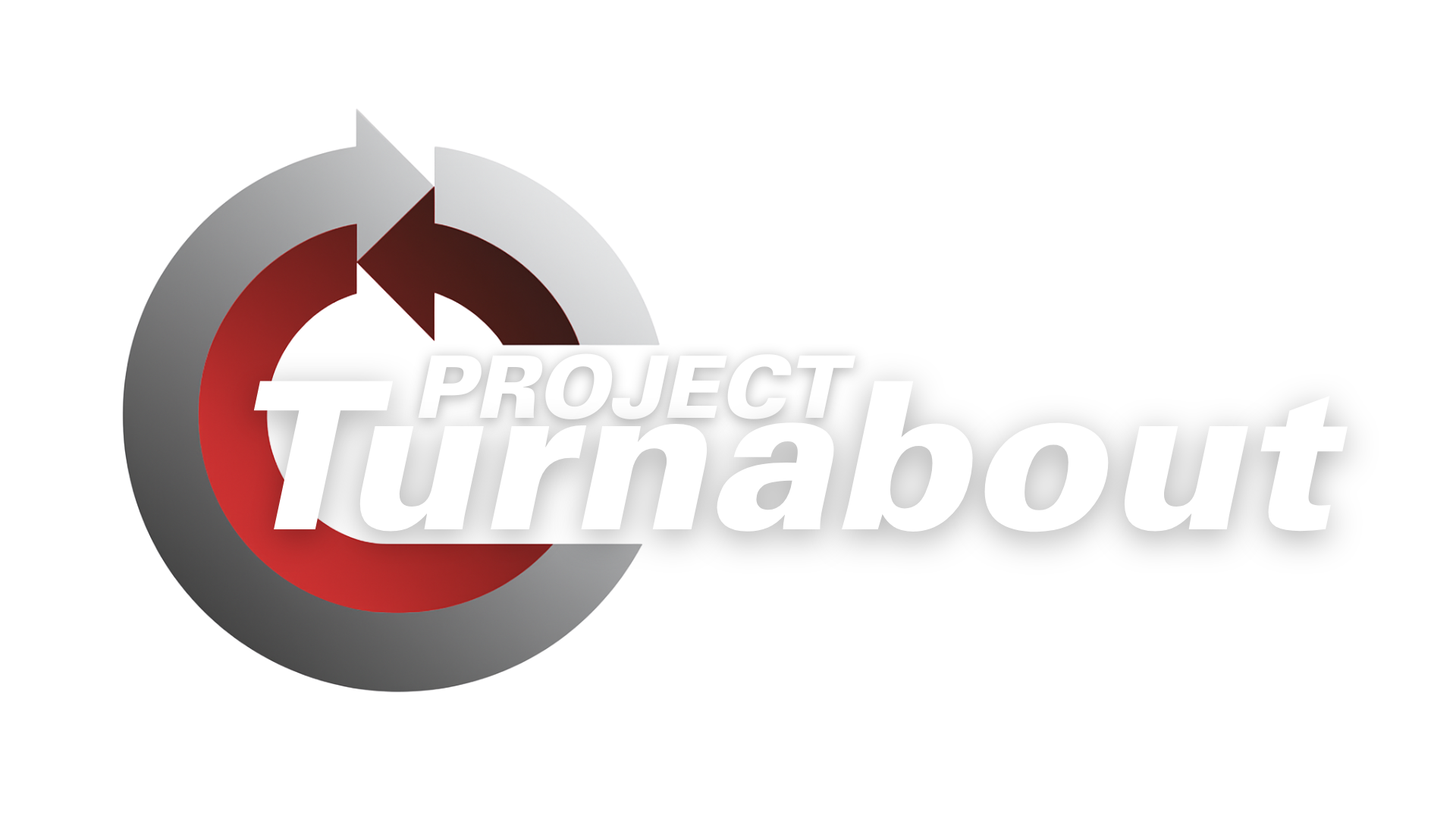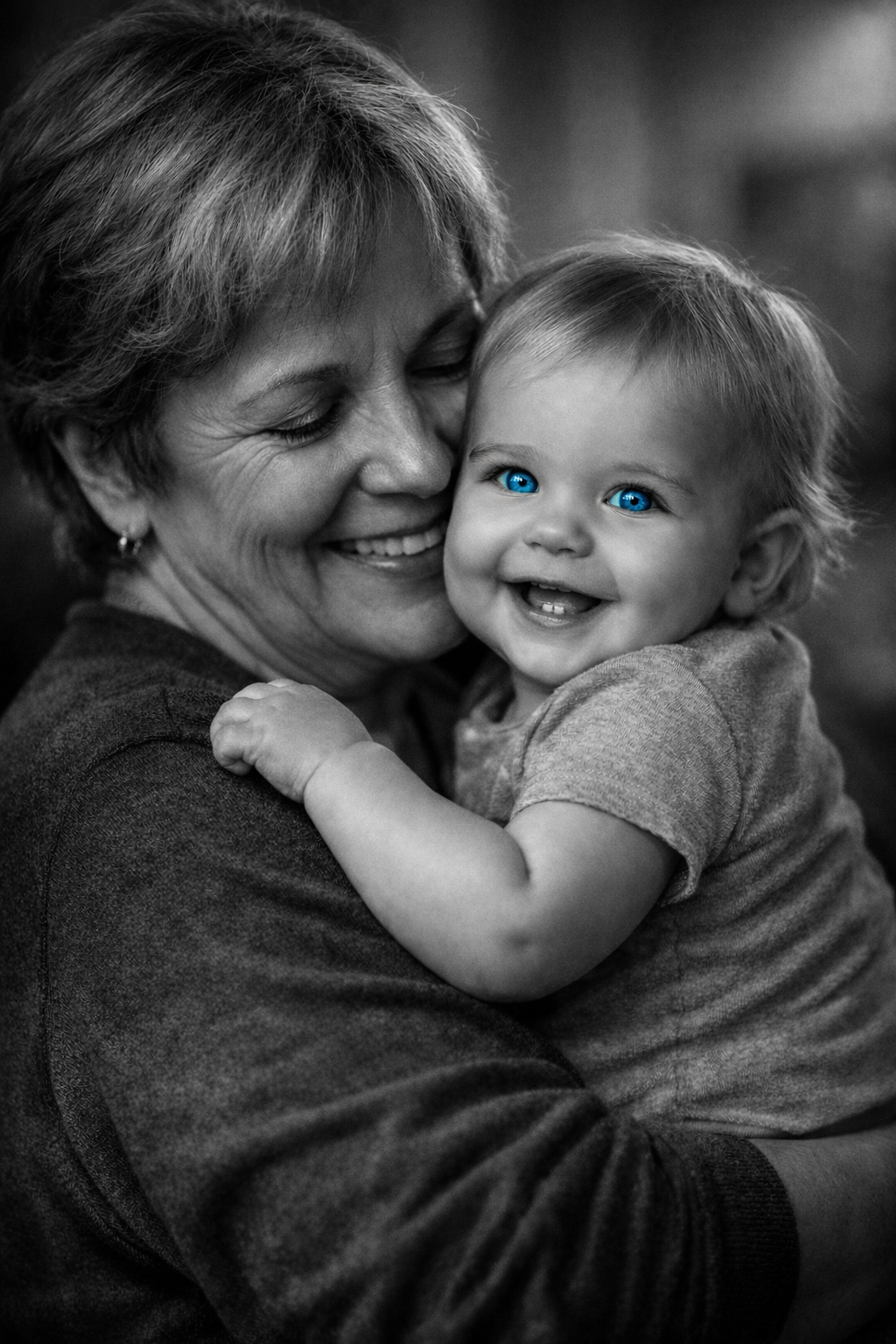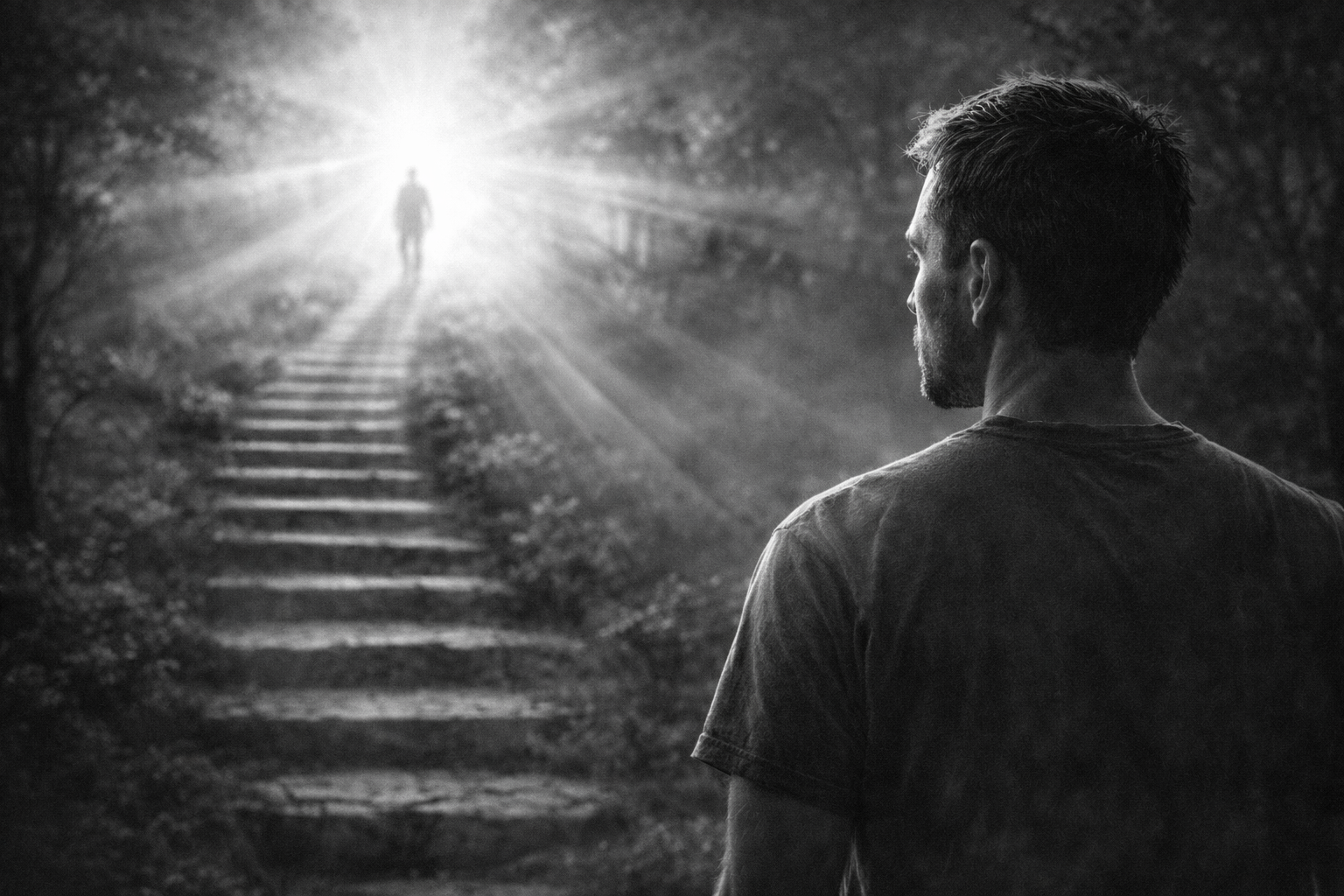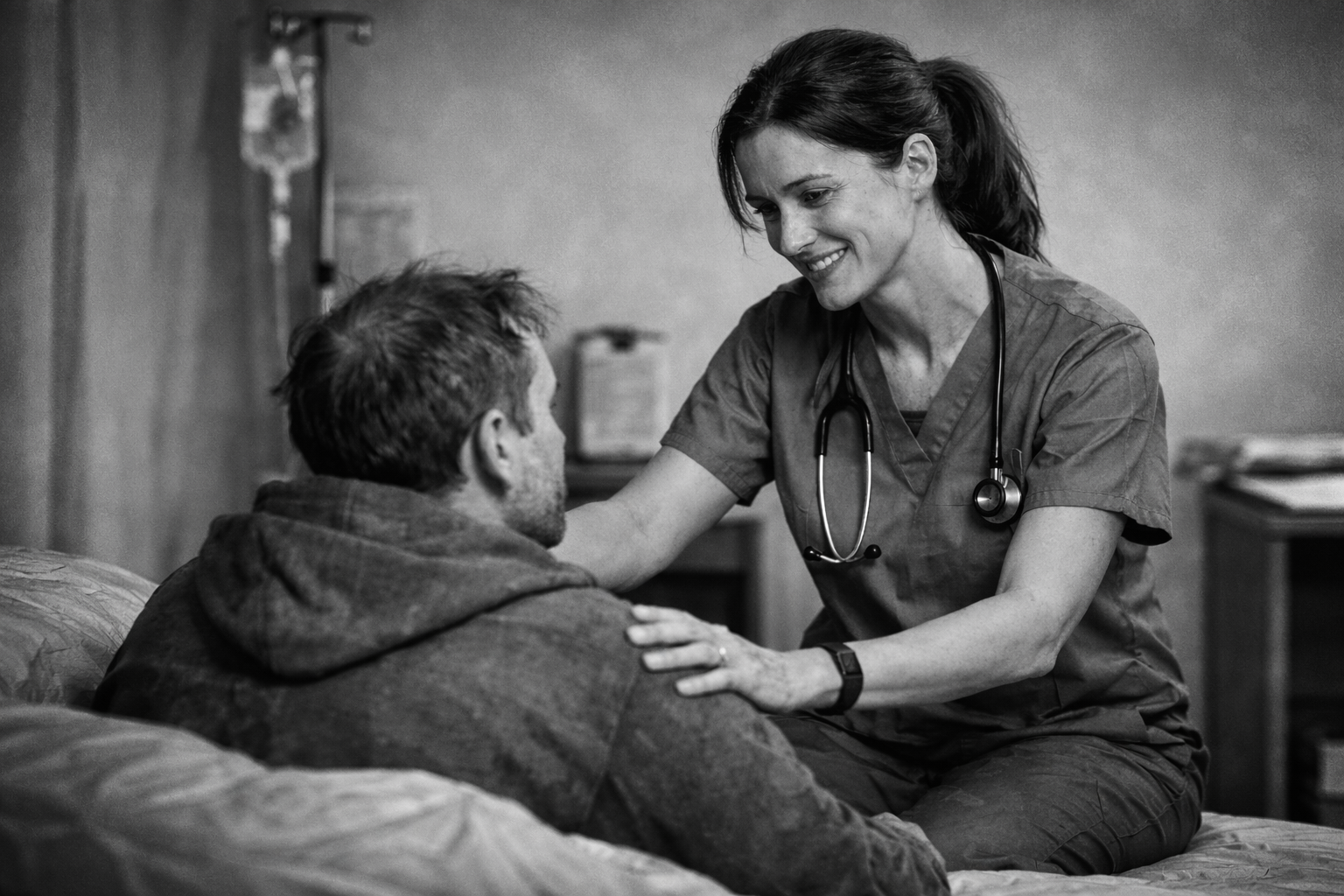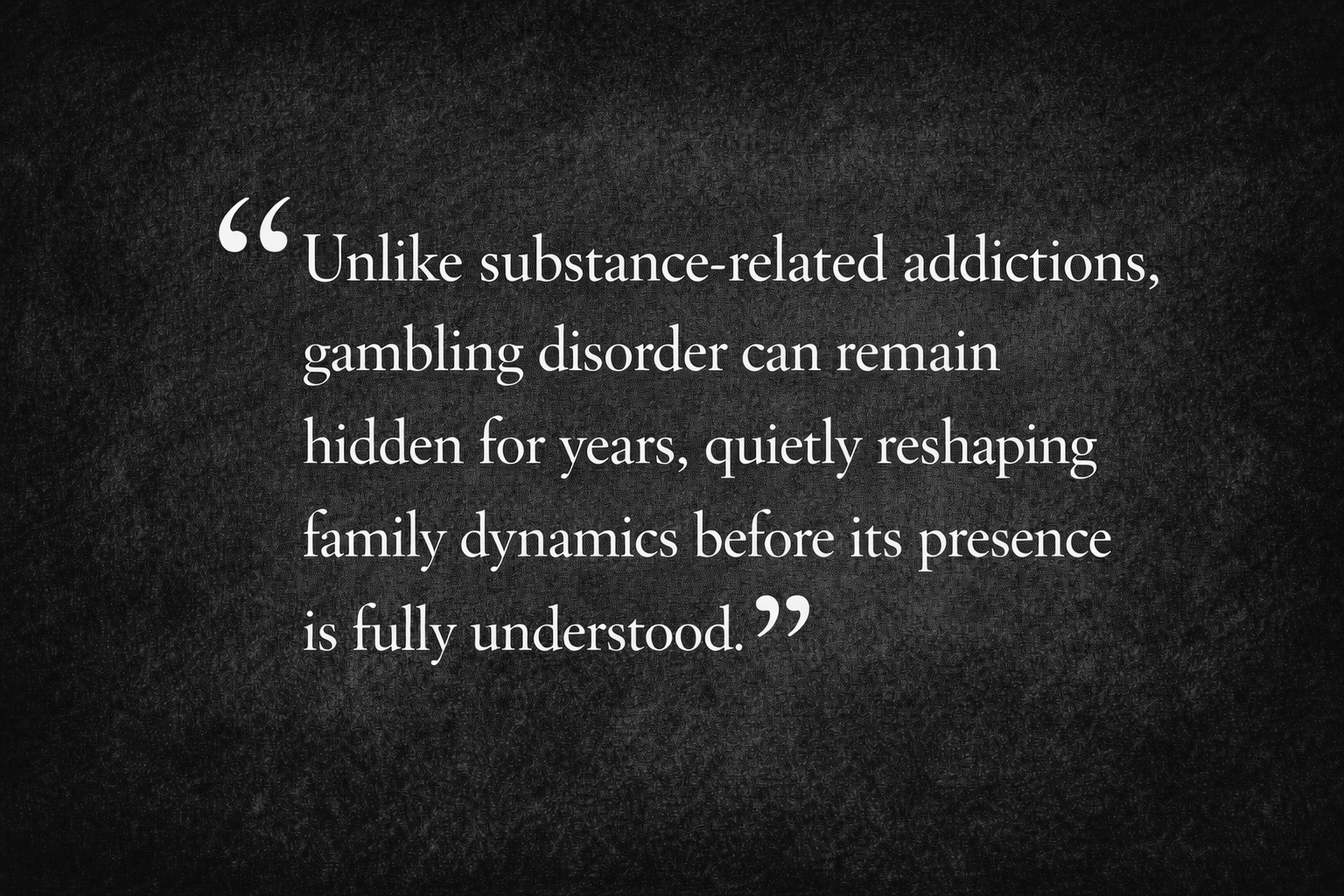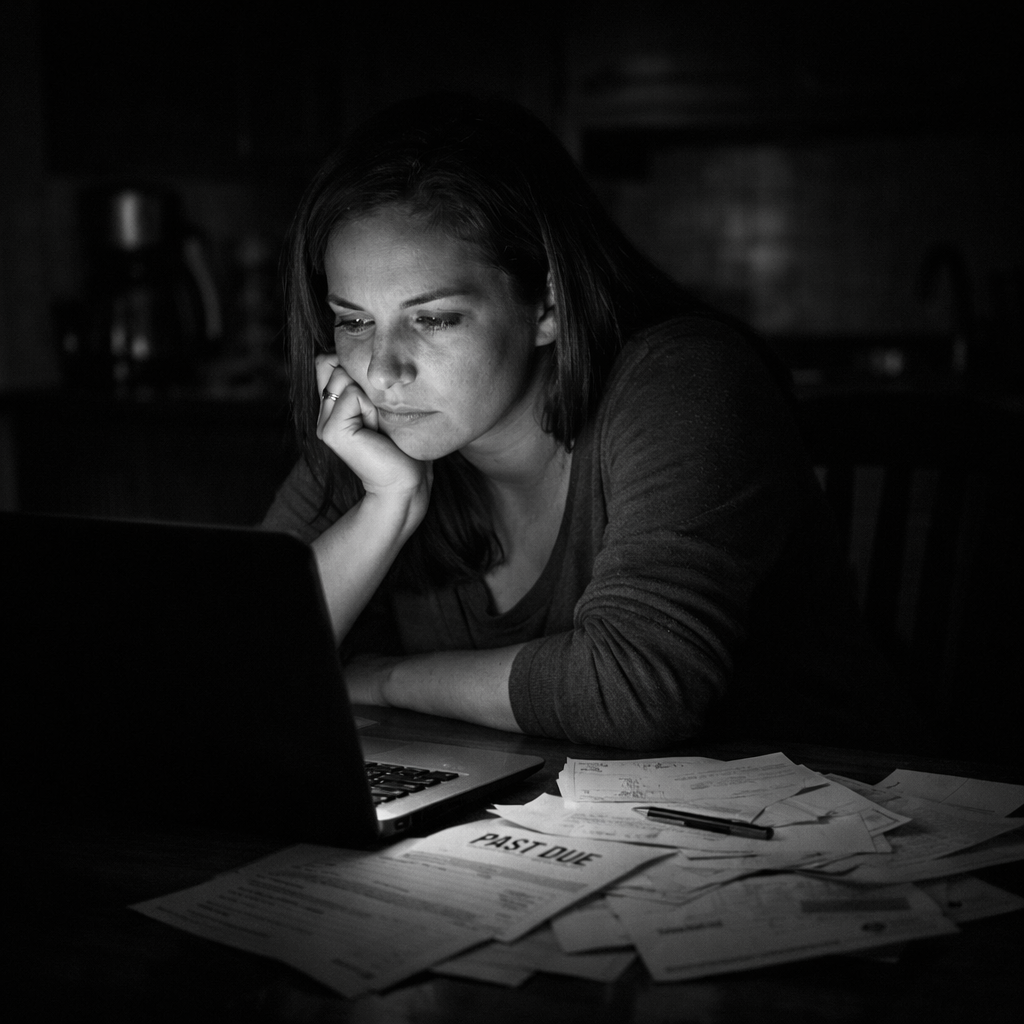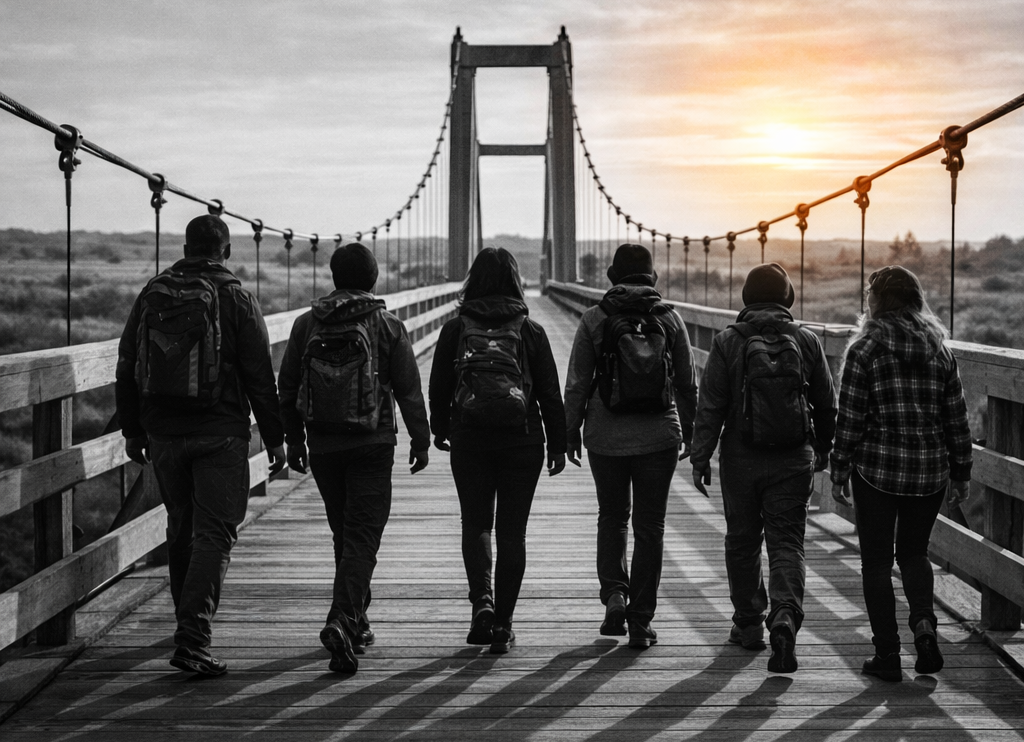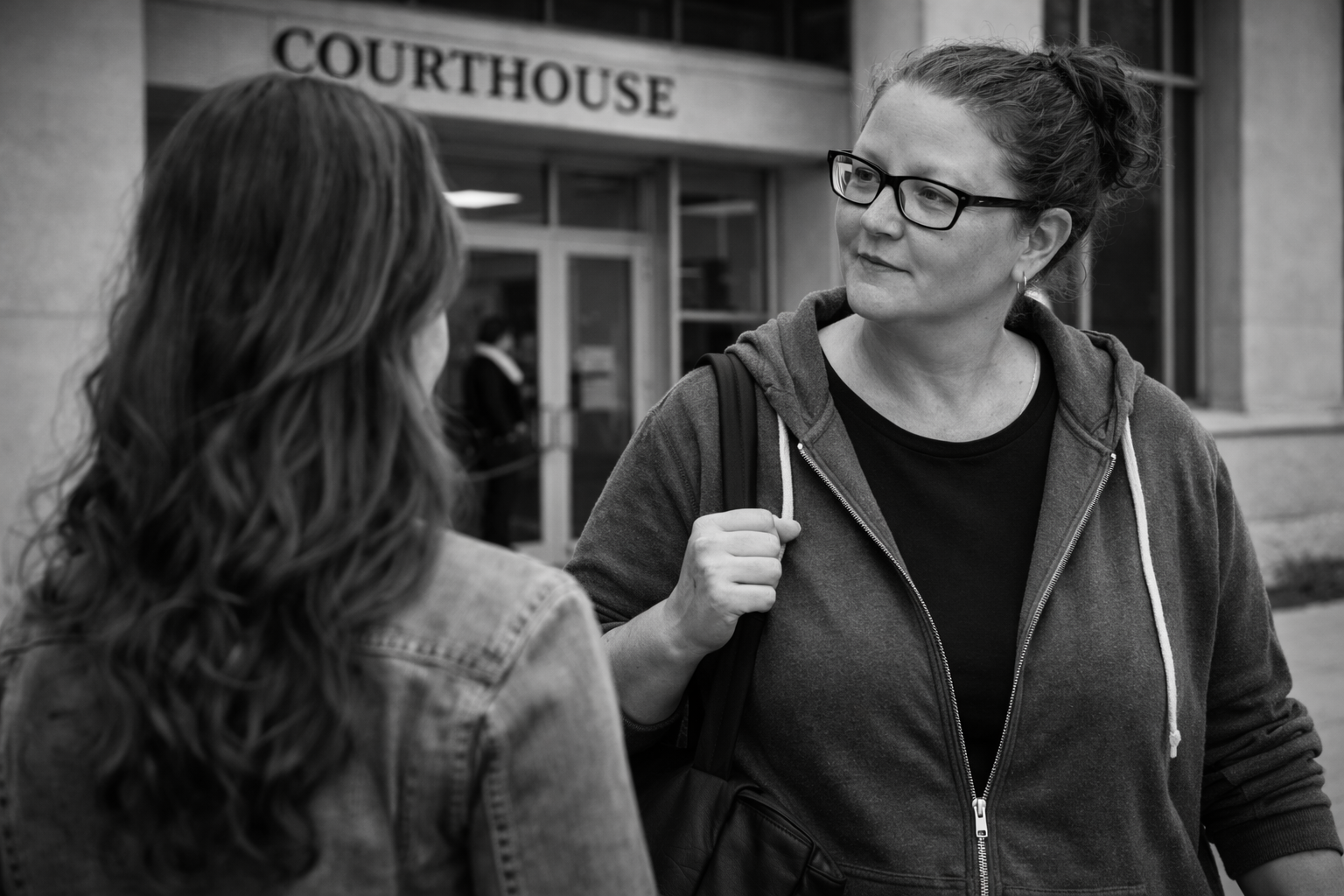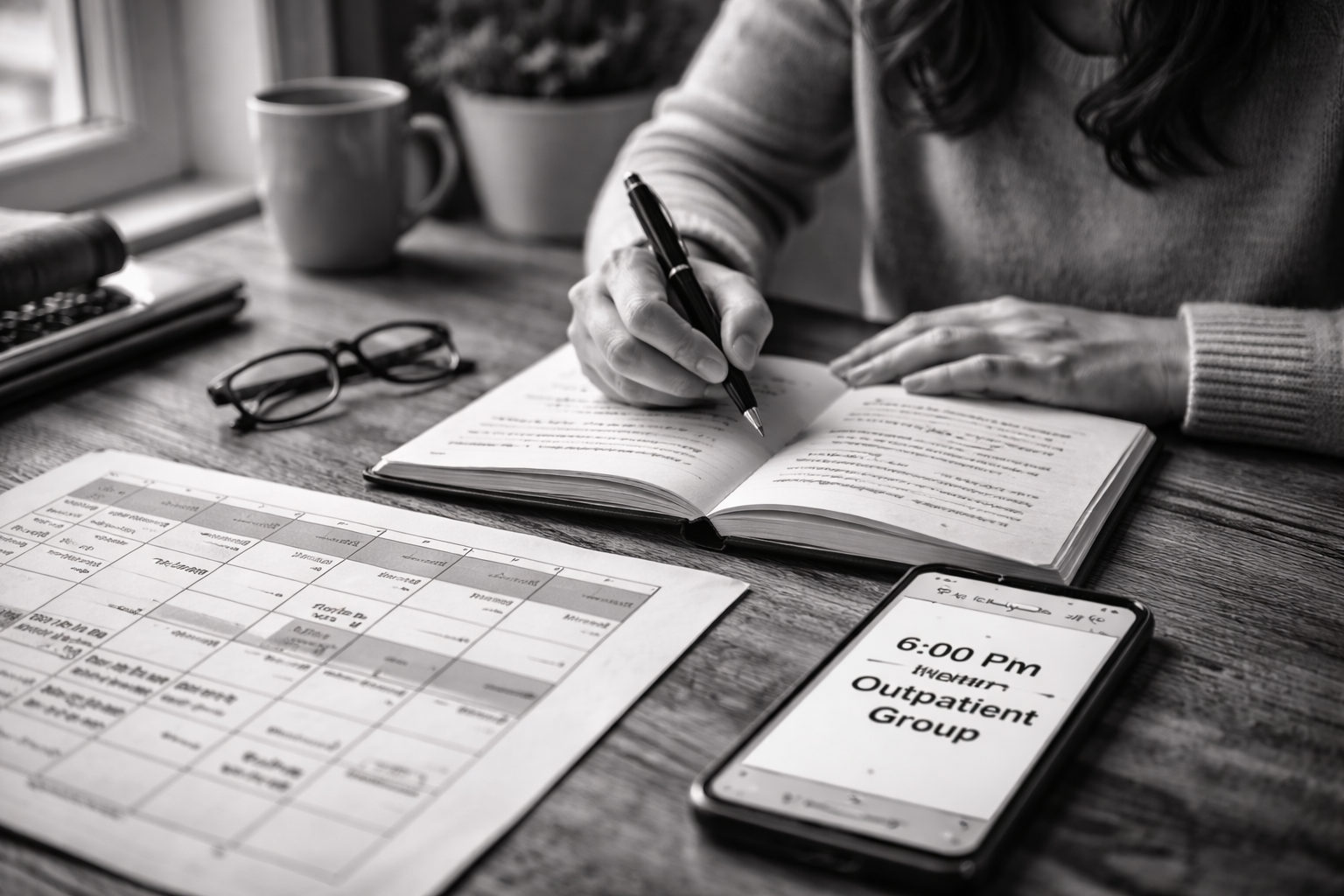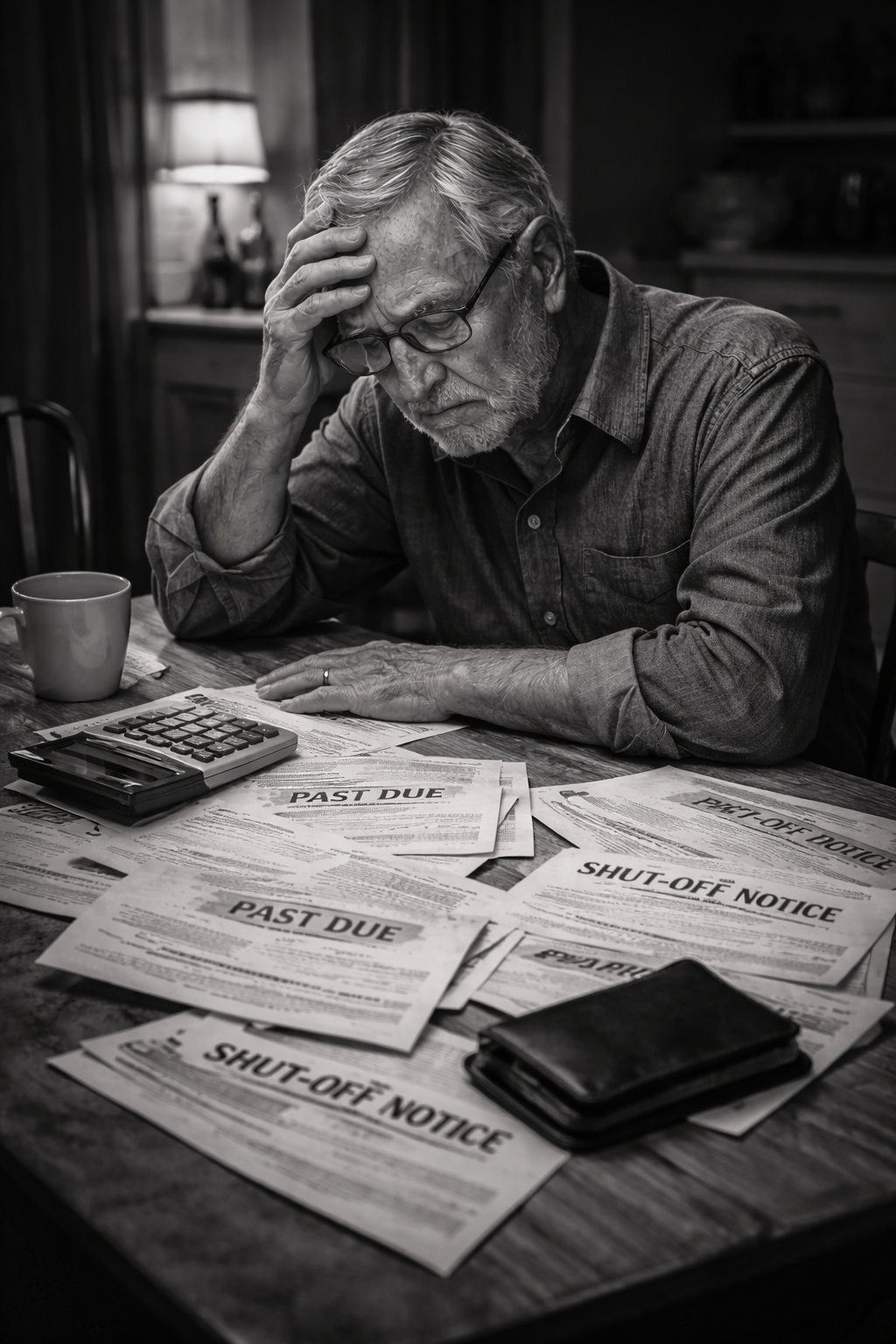October is Domestic Violence Awareness Month
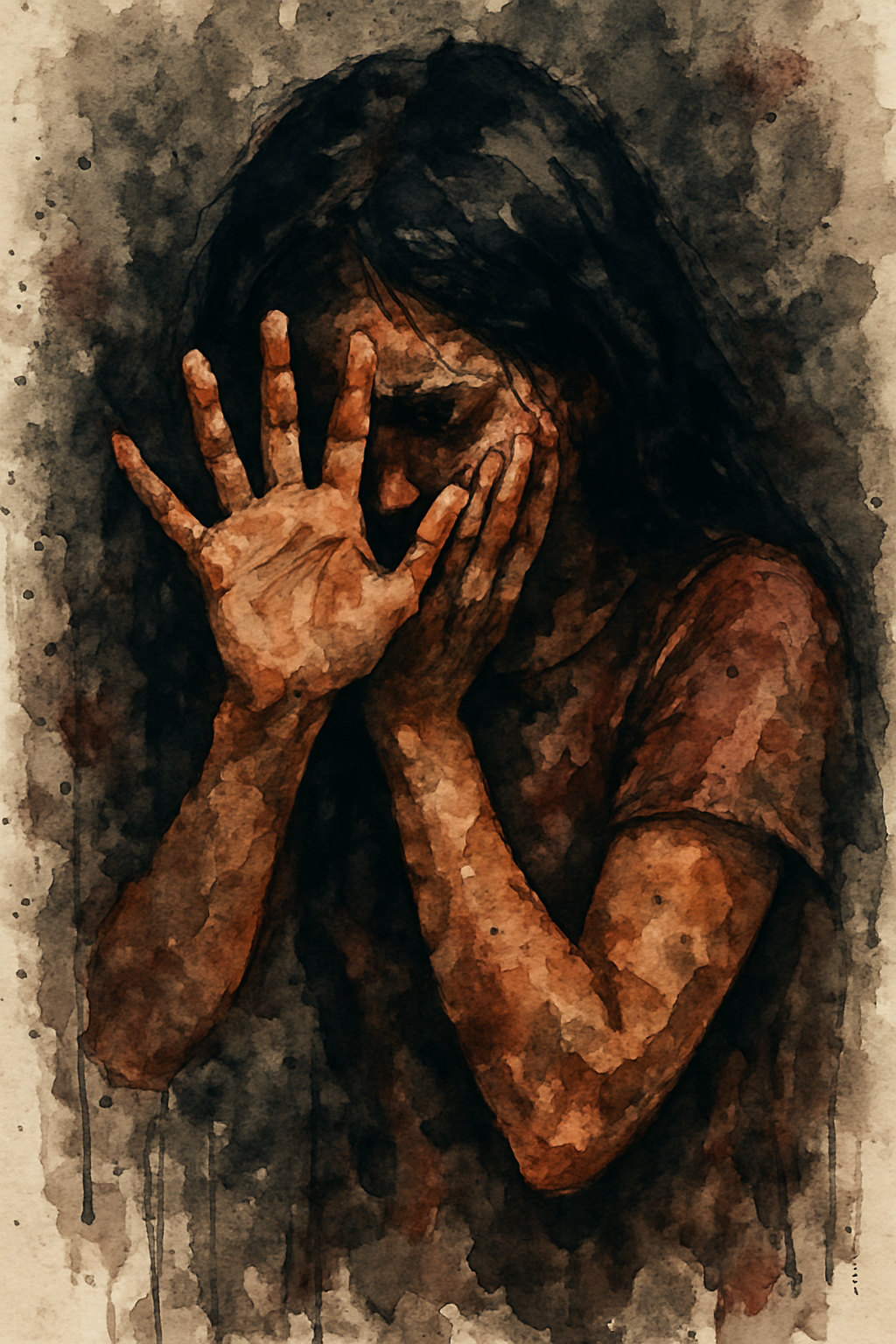
October is Domestic Violence Awareness Month, a time to shine a light on the hidden struggles so many women face in silence. For many survivors, the pain doesn’t come in just one form. Substance use and domestic violence often walk hand in hand, trapping women in a cycle that feels impossible to escape.
Statistics show that up to 60% of domestic abuse incidents involve alcohol or drugs, and women who use substances are significantly more likely to experience violence in their relationships. At the same time, abuse itself often fuels substance use, as victims turn to alcohol or drugs to numb emotional or physical pain. The result? A vicious cycle of harm and silence.
But here’s the truth: healing is possible.
Why Treatment Matters
Treatment is often the first safe step survivors take toward reclaiming their lives. In a supportive, trauma-informed environment, treatment can provide:
- Safety: Time away from an abusive partner’s control.
- Support: Connection to counselors who understand both addiction and trauma.
- Strength: Tools to build resilience and cope without substances.
- Stability: A pathway to recovery that helps survivors begin agai
In fact, many survivors who seek both safety and treatment report that, over time, their lives do change. One study found that more than three out of four women who had left abusive partners rated their recovery as “significant” years later. While healing is rarely simple or fast, treatment is often the turning point.
Barriers Are Real — But You’re Not Alone
We also know that abusers sometimes actively block survivors from getting help. In one survey, 60% of women said their partner tried to stop them from entering treatment. That’s why it’s so important to share this message: you are not alone, and there are safe, confidential ways to get support.
A Call to Action
If you’re living with both abuse and substance use, it may feel like there’s no way out. But there is. Taking that first step into treatment can be the doorway to safety, strength, and a new life.
- You deserve safety, healing, and a future without fear. Treatment is where it begins.
- The first step is often the hardest — but it leads to a stronger tomorrow.
Resources
If you or someone you love is in immediate danger, call 911.
For confidential support, call the
National Domestic Violence Hotline at 1-800-799-SAFE (7233).
For help with substance use, call the
SAMHSA National Helpline at 1-800-662-HELP (4357).


